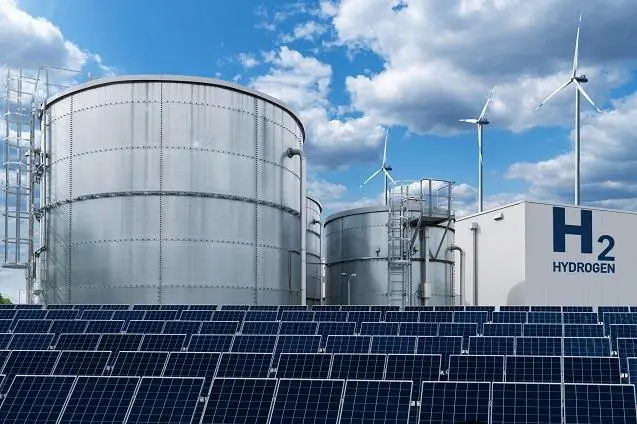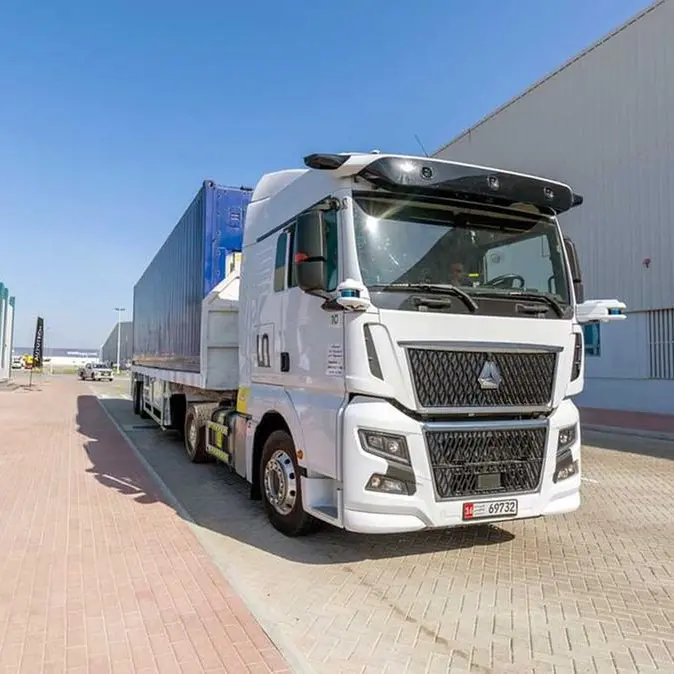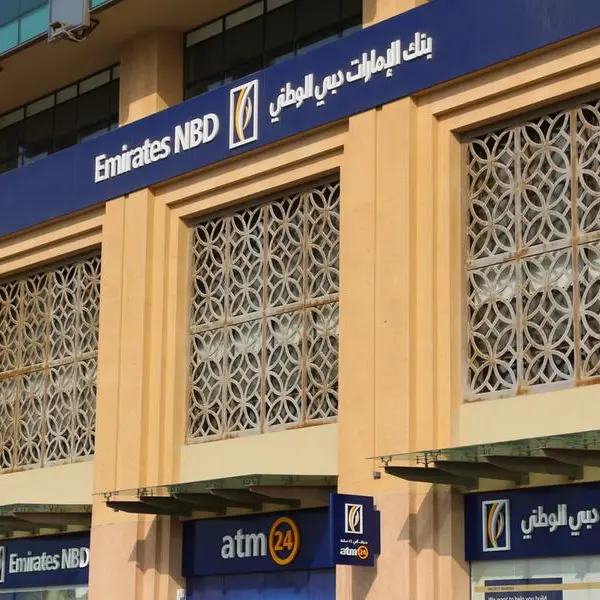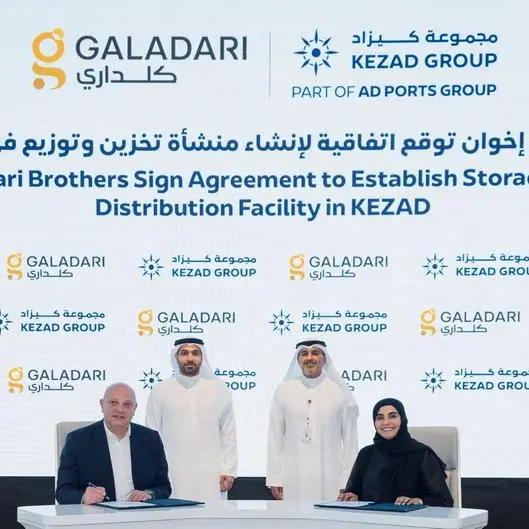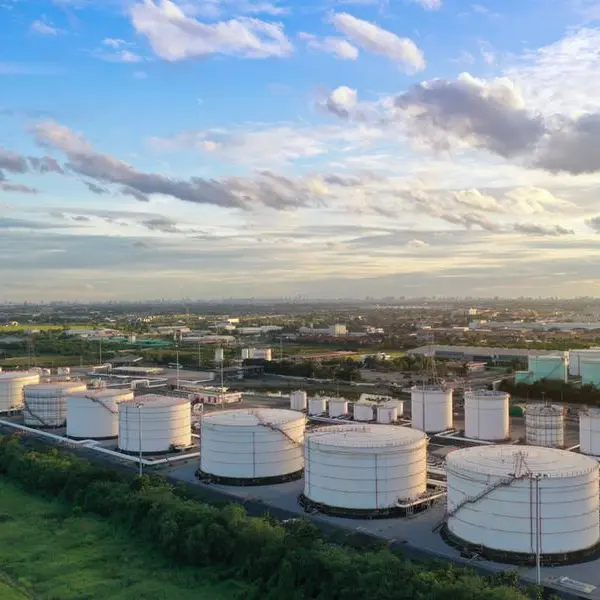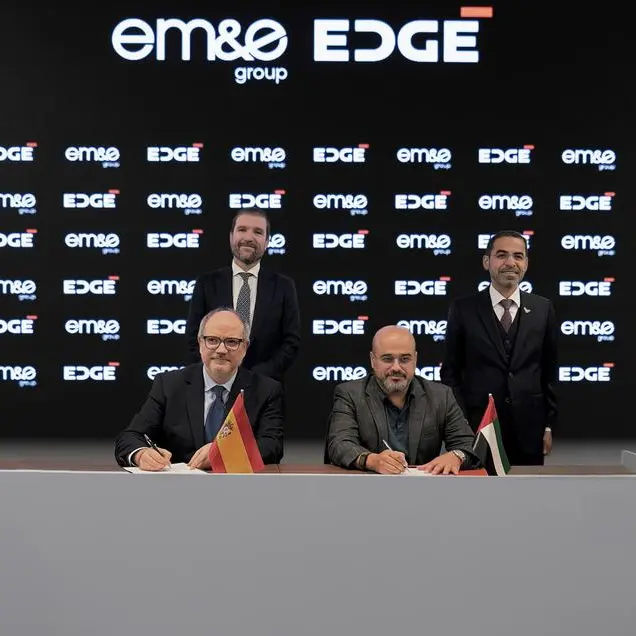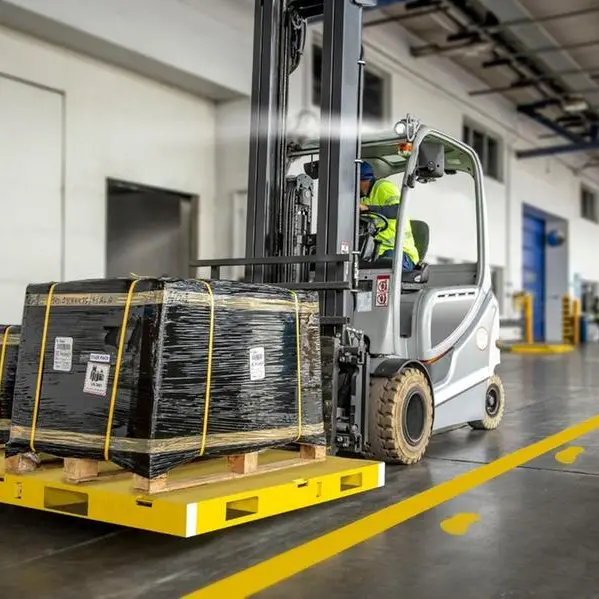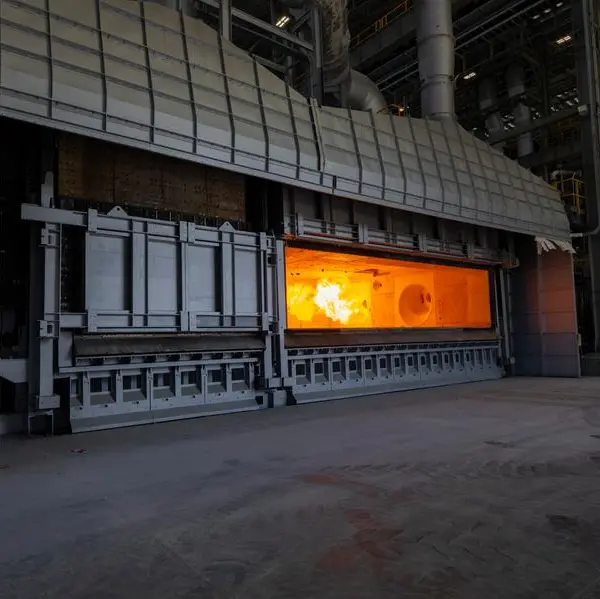PHOTO
Egypt's Cabinet on Wednesday granted approval to a draft law aimed at boosting green hydrogen projects and their related ventures.
The meeting was chaired Prime Minister Mostafa Madbouly.
The legislation, designed to incentivise environmentally friendly initiatives, applies to projects involved in the production of green hydrogen and its various by-products, provided that agreements are reached within five years of the law's implementation, according to a Arabic language press statement issued by the Cabinet.
The law encompasses a wide array of initiatives, including the establishment of green hydrogen production plants, desalination plants that allocate a portion of their production to green hydrogen, renewable energy facilities dedicating at least 95 percent of their output to green hydrogen and desalination plants, as well as projects focused on the transportation, storage, and distribution of green hydrogen. It also covers ventures engaged in manufacturing raw materials for green hydrogen plants.
Furthermore, the law extends its scope to encompass future expansions of existing projects, where "expansion" refers to any addition resulting in increased production capacity. As part of the legislation, developers are required to establish a project company and must adhere to project agreements for a maximum period of 50 years.
Under the new law, projects and their expansions will benefit from a range of incentives throughout the duration of their project agreements. Expansion agreements, concluded within seven years of the project's commercial operation, will also be eligible for these incentives.
The incentives offered include a cash investment incentive equivalent to 33 percent to 55 percent of the tax paid on income generated from the project. Additionally, equipment and materials will be exempt from value-added tax (VAT), and taxes and fees on contracts and land registration will be waived. Moreover, projects will enjoy a customs tax exemption on imported goods related to the venture.
To further encourage green hydrogen initiatives, the law grants additional incentives such as a streamlined approval process under the Investment Law and the freedom to import and export goods without registration.
However, certain conditions must be met to qualify for these incentives. These include commencing commercial operation within five years, relying on foreign financing (with at least 70 percent of financing coming from abroad), using domestically manufactured components to a minimum of 20 percent, transferring advanced technology, implementing training programs, and demonstrating social responsibility.
The Council of Ministers will issue a decision outlining the necessary controls to verify compliance with these conditions.
Egypt’s SCZONE has signed nine framework agreements with major international companies to establish projects for green hydrogen industries within the Sokhna zone.
View: What you need to know about Egypt's green hydrogen plans
(Writing by Eman Hamed; Editing by Anoop Menon)
(anoop.menon@lseg.com)
